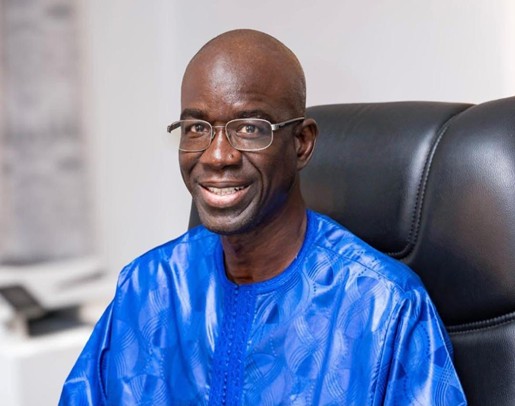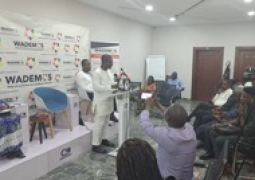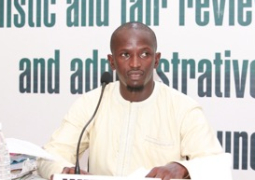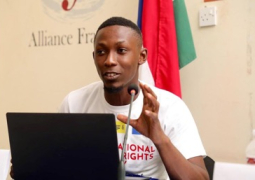
Over time, Ly came to view early education in foreign languages as fundamentally unjust.“Expecting children to read, write, or think in a language they do not yet master is unfair and ineffective,” he said. His advocacy, he added, is driven by both ethical and pedagogical conviction: that every child has the right to learn in a language they understand, and that education systems must reflect children’s linguistic and cultural realities.
He emphasised that his approach is not mere activism but grounded in science. “Research in neuroscience and pedagogy confirms that well-structured bilingual education improves comprehension, retention, and overall academic achievement,” he noted.
Clarifying his recent recognition, Ly said: “The Yidan Prize was awarded to me personally, not to ARED. However, as ARED’s Executive Director, I identify strongly with the organization and its mission.” The award includes a gold medal and about 30 million Hong Kong dollars, half of which supports strategic educational projects to extend the impact of the laureate’s work.
Together with his team, Ly is charting a three-to-five-year strategy to strengthen ARED’s bilingual education initiatives. Their priorities include reinforcing the organization’s foundations, expanding its Pan-African network of educators, integrating digital technology and AI into language learning, and extending ARED’s work in countries such as The Gambia and Mauritania. Plans are also underway to establish a dedicated training centre for bilingual education methodologies.
“Our goal,” Ly explained, “is to maximize local impact while creating a model that can be replicated across the continent.”
He further highlighted ARED’s commitment to Open Educational Resources (OER) teaching materials that are free, adaptable, and locally relevant. “We believe knowledge should circulate equitably,” Ly said. “Making our resources open allows teachers to adapt materials to their local context, reduces dependence on imported textbooks, and encourages communities to co-create knowledge. It’s a collaborative and decolonial approach that positions Africa as a producer, not just a consumer, of educational knowledge.”
Explaining ARED’s approach to multilingual classrooms, Ly said linguists and education experts from the Ministry first conducted a linguistic mapping exercise to identify the dominant community language - the one children use most among themselves. This is followed by discussions with teachers, parents, and community members to determine which national languages will be prioritised.
Teachers are then trained to manage linguistic diversity effectively. When some pupils do not fully understand the chosen language, educators use “language bridging” techniques incorporating songs, visuals, and translations, while encouraging peer support. “We see linguistic diversity as a pedagogical asset, not a problem,” Ly stressed.
Despite significant progress, challenges remain. Ly pointed to divergent national language policies as a major hurdle. “In The Gambia, linguistic plurality makes the debate sensitive; in Mauritania, African languages still face historical resistance; and in Senegal, although there is growing openness, frameworks remain limited,” he explained. “Across all countries, limited public funding for education reform also slows progress.”
Yet, he said, the biggest challenge has been achieving institutional ownership. “We overcame this by conducting evidence-based pilot projects, co-designing initiatives with national stakeholders, and positioning ourselves as technical partners rather than militant actors,” Ly said.
Today, he added, ARED’s initiatives are being integrated into national education reforms with increasing government support, a sign that Africa’s movement toward inclusive, language-based learning is gaining lasting ground.





